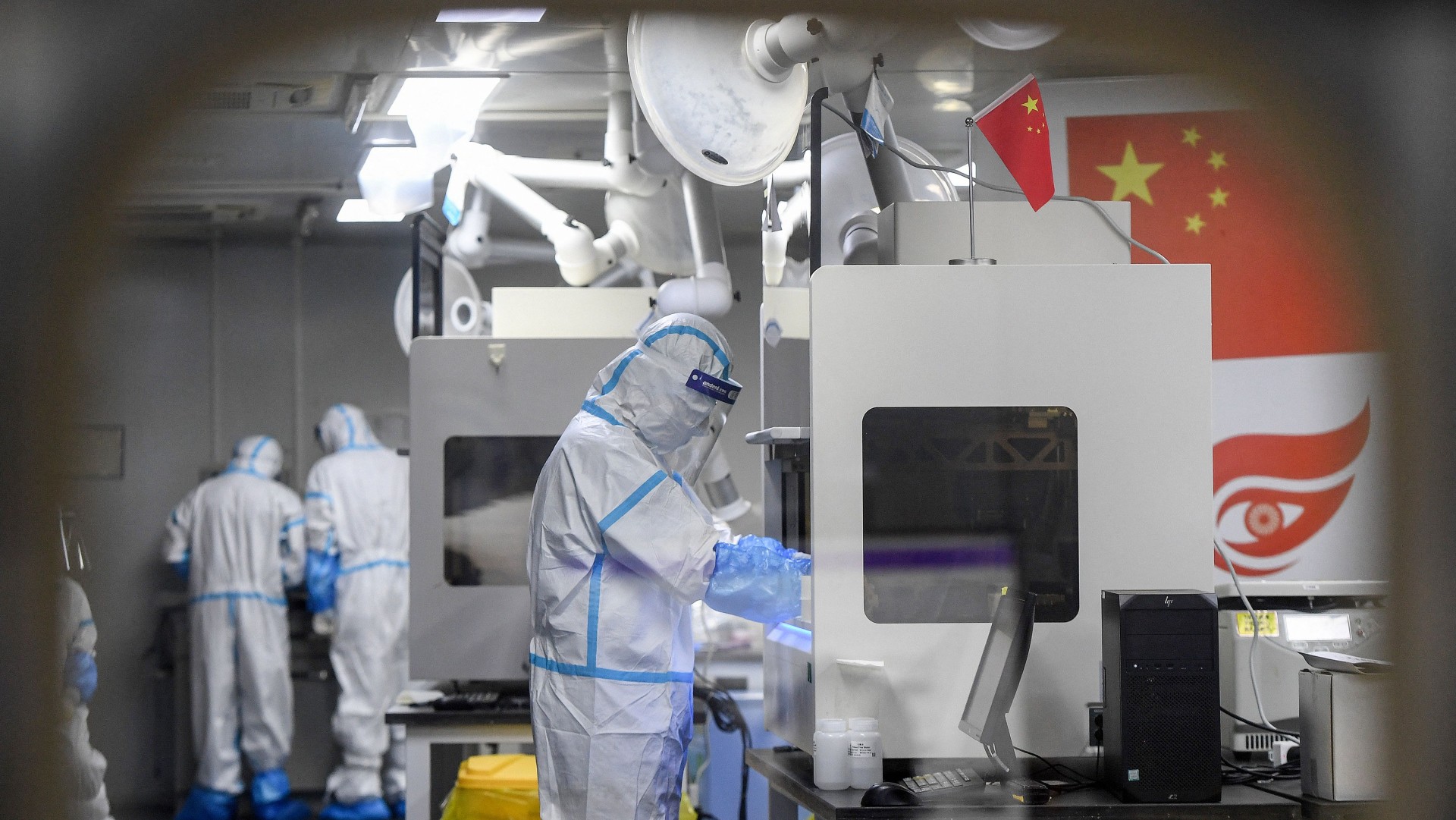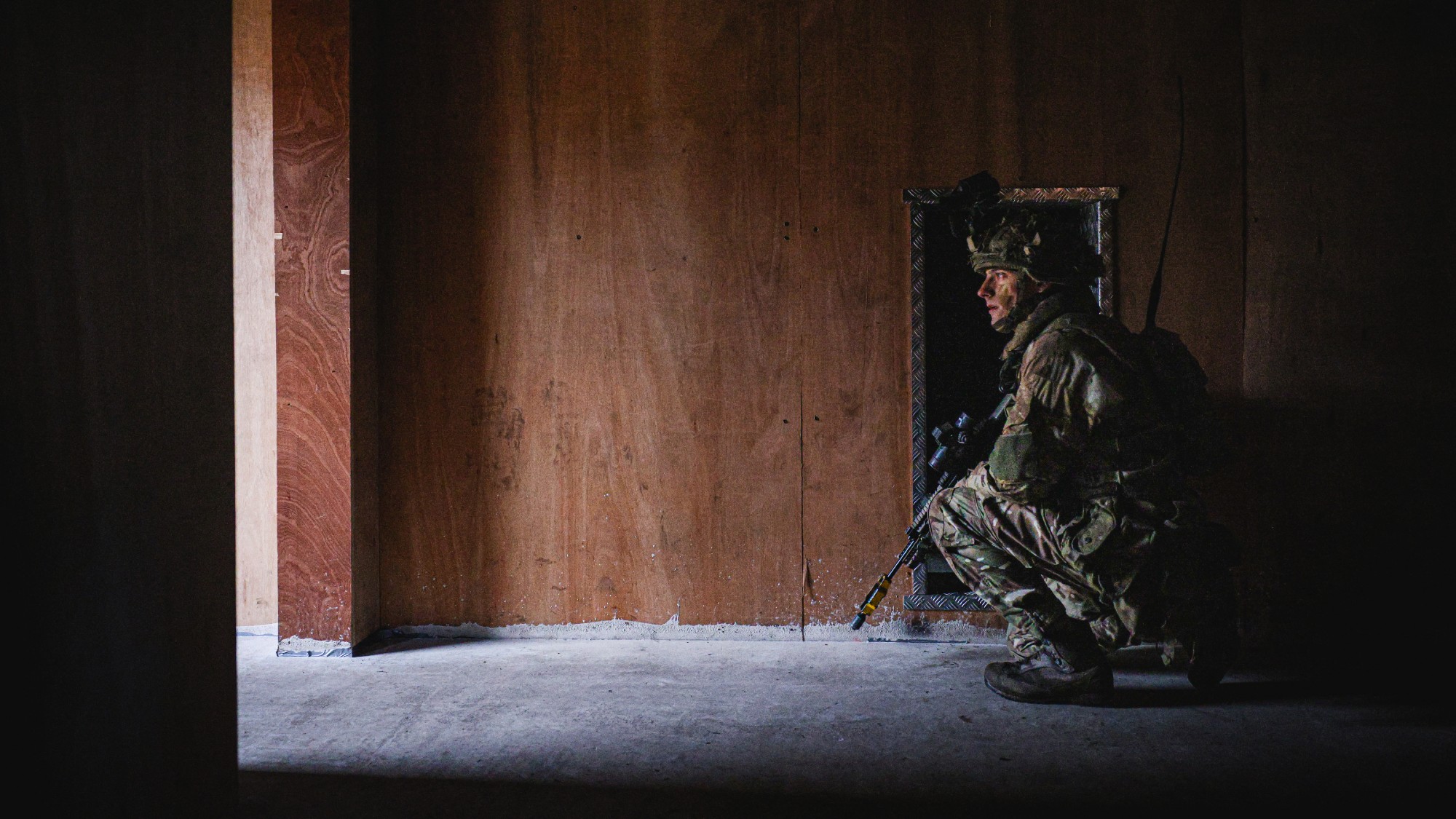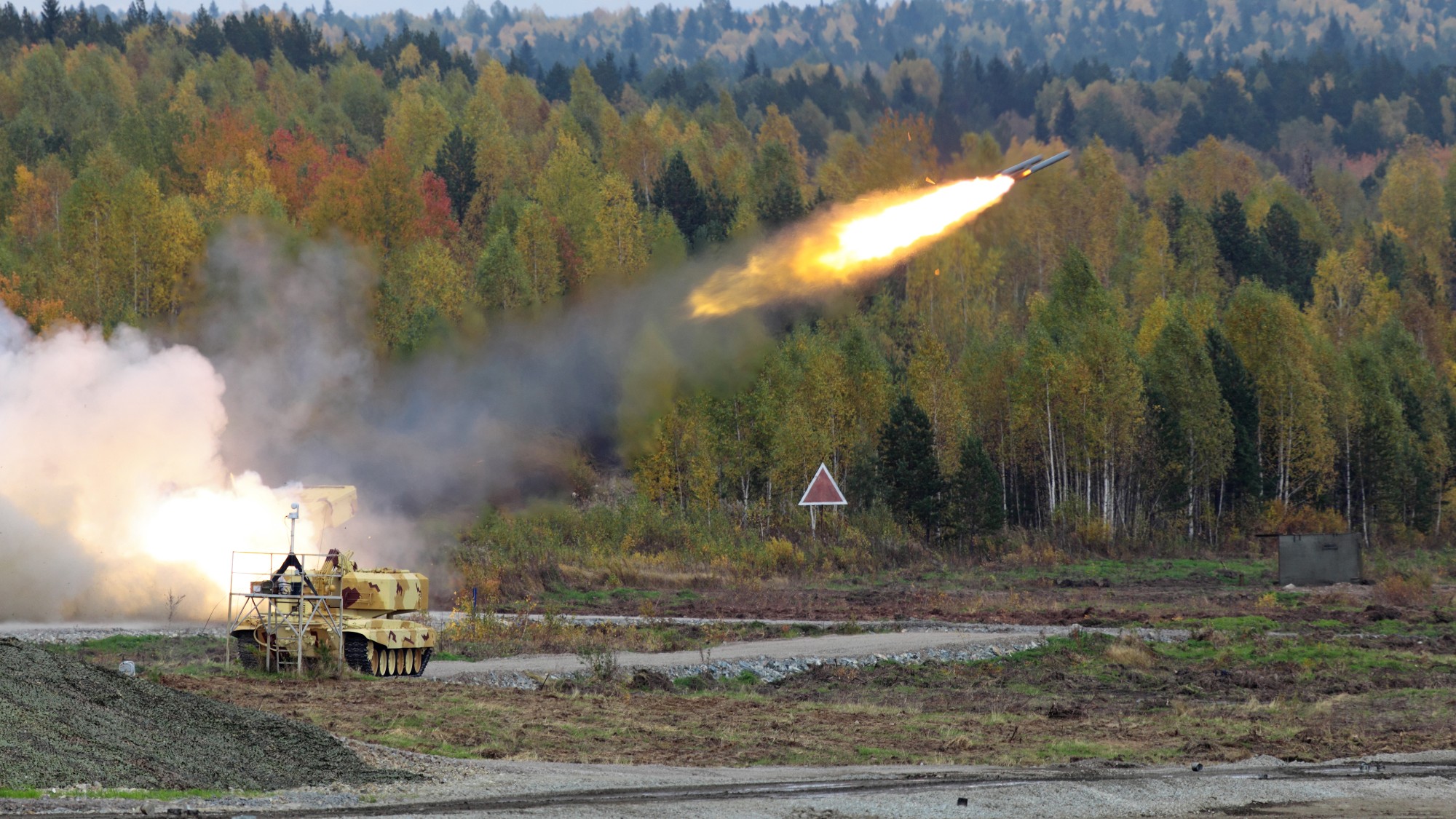The truth behind China’s ‘world-leading’ scientific research
Country’s rapid rise in number of cited studies threatens to ‘shift the global balance of power’

A free daily email with the biggest news stories of the day – and the best features from TheWeek.com
You are now subscribed
Your newsletter sign-up was successful
China has for the first time become the world’s leading producer of high-quality scientific research, according to a Japanese study.
The country now surpasses the United States in terms of the number of most cited papers, a crucial indicator of research impact, according to a report by Japan’s National Institute of Science and Technology Policy (NISTEP).
The milestone “provides fresh evidence that China’s scholarship, known for its burgeoning quantity, is catching up in quality as well”, said the academic journal Science.
The Week
Escape your echo chamber. Get the facts behind the news, plus analysis from multiple perspectives.

Sign up for The Week's Free Newsletters
From our morning news briefing to a weekly Good News Newsletter, get the best of The Week delivered directly to your inbox.
From our morning news briefing to a weekly Good News Newsletter, get the best of The Week delivered directly to your inbox.
“People are writing off China, [saying] they’re putting out a lot of stuff but it’s not good quality,” Caroline Wagner, who studies science policy and innovation at Ohio State University, told Science. “That’s just short-sighted.”
How good is the research?
Over the past two decades, Chinese researchers have become “some of the world’s most prolific publishers of scientific papers”, said the Financial Times.
The paper reported that, according to calculations by the Institute for Scientific Information, a US-based research body, China produced 3.7 million papers in 2021 – 23% of the global total. US researchers published 4.4 million papers.
China is also “climbing the ranks” in how frequently its research is cited, which is regarded by some scholars as the primary means for determining the quality of research. For the first time, it has become the global leader on this metric, although as the FT pointed out, “that figure was flattered by multiple references to Chinese research that first sequenced the Covid-19 virus genome”.
A free daily email with the biggest news stories of the day – and the best features from TheWeek.com
Do some dispute China’s standing?
According to Science, NISTEP’s approach to its study has divided scholars. Many of the articles the institute considered have multiple authors – a problem it resolved by deploying a method called “fractional counting” to properly apportion the credit.
This means that “if, for example, one French and three Swedish institutions contributed to a paper, France received 25% of the credit and Sweden 75%”, Science explained.
Using that measure, China ended up with 27.2% of the most cited papers published from 2018 to 2020, the US had 24.9% and the UK was third with 5.5%.
But many scholars say this approach overstates the importance of some countries. Cao Cong, a science policy scholar at the University of Nottingham’s campus in Ningbo, China, said: “The question is who – the Chinese or their international collaborators – led the studies.”
Regardless of how you cut it, China’s advance is “remarkable”, NISTEP insisted. Deploying the same fractional system of counting, the country would have only come 13th in the global rankings just two decades ago, the institute said.
What happens next?
China is not the only country to make scientific strides in recent years, said Ohio State’s Caroline Wagner on The Conversation, but the country’s rise “has been particularly dramatic”.
US officials worry the development could “shift the global balance of power”, given that “scientific capability is intricately tied to both military and economic power”, Wagner said. Some people in Washington believe they now have to “make a choice about how to respond”, she added.
For his part, Chinese leader Xi Jinping has been “keen to encourage the belief that his country will become the world’s dominant superpower”, said The Spectator. However, “China’s attempts to take the lead when it comes to numerous scientific and technological advancements have so far had very mixed results”.
Its Covid vaccines, for example, “were nothing like as good as the western ones”, the magazine said, and “China’s progress in military technology is also in doubt”, with questions over the efficacy of its much-vaunted hypersonic missiles, among other criticisms.
According to Wagner on The Conversation, America’s concerns about China’s scientific rise are “rooted in a nationalistic view that doesn’t wholly map onto the global endeavour of science”.
Academic research today is “in large part driven by the exchange of ideas and information”, Wagner. Consequently, “with many global issues facing the planet – like climate change, to name just one – there may be wisdom in looking at this new situation as not only a threat, but also an opportunity”.
Arion McNicoll is a freelance writer at The Week Digital and was previously the UK website’s editor. He has also held senior editorial roles at CNN, The Times and The Sunday Times. Along with his writing work, he co-hosts “Today in History with The Retrospectors”, Rethink Audio’s flagship daily podcast, and is a regular panellist (and occasional stand-in host) on “The Week Unwrapped”. He is also a judge for The Publisher Podcast Awards.
-
 Political cartoons for February 15
Political cartoons for February 15Cartoons Sunday's political cartoons include political ventriloquism, Europe in the middle, and more
-
 The broken water companies failing England and Wales
The broken water companies failing England and WalesExplainer With rising bills, deteriorating river health and a lack of investment, regulators face an uphill battle to stabilise the industry
-
 A thrilling foodie city in northern Japan
A thrilling foodie city in northern JapanThe Week Recommends The food scene here is ‘unspoilt’ and ‘fun’
-
 Munich Security Conference: a showdown between Europe and Trump?
Munich Security Conference: a showdown between Europe and Trump?Today’s Big Question Report suggests European leaders believe they can no longer rely on the US for military support – but decoupling is easier said than done
-
 Taiwan eyes Iron Dome-like defence against China
Taiwan eyes Iron Dome-like defence against ChinaUnder the Radar President announces historic increase in defence spending as Chinese aggression towards autonomous island escalates
-
 Is conscription the answer to Europe’s security woes?
Is conscription the answer to Europe’s security woes?Today's Big Question How best to boost troop numbers to deal with Russian threat is ‘prompting fierce and soul-searching debates’
-
 How will the MoD's new cyber command unit work?
How will the MoD's new cyber command unit work?Today's Big Question Defence secretary outlines plans to combat 'intensifying' threat of cyberattacks from hostile states such as Russia
-
 The state of Britain's Armed Forces
The state of Britain's Armed ForcesThe Explainer Geopolitical unrest and the unreliability of the Trump administration have led to a frantic re-evaluation of the UK's military capabilities
-
 Is the 'coalition of the willing' going to work?
Is the 'coalition of the willing' going to work?Today's Big Question PM's proposal for UK/French-led peacekeeping force in Ukraine provokes 'hostility' in Moscow and 'derision' in Washington
-
 Would Gen Z fight for 'racist' Britain?
Would Gen Z fight for 'racist' Britain?Today's Big Question Only 11% of people aged 18-27 say they would fight for UK, survey by The Times reveals, amid low levels of pride and 'declines in confidence in institutions'
-
 'Second only to a nuclear bomb' – the controversial arms Russia is using in Ukraine
'Second only to a nuclear bomb' – the controversial arms Russia is using in UkraineThe Explainer Thermobaric bombs 'capable of vaporising human bodies' have been used against Ukraine